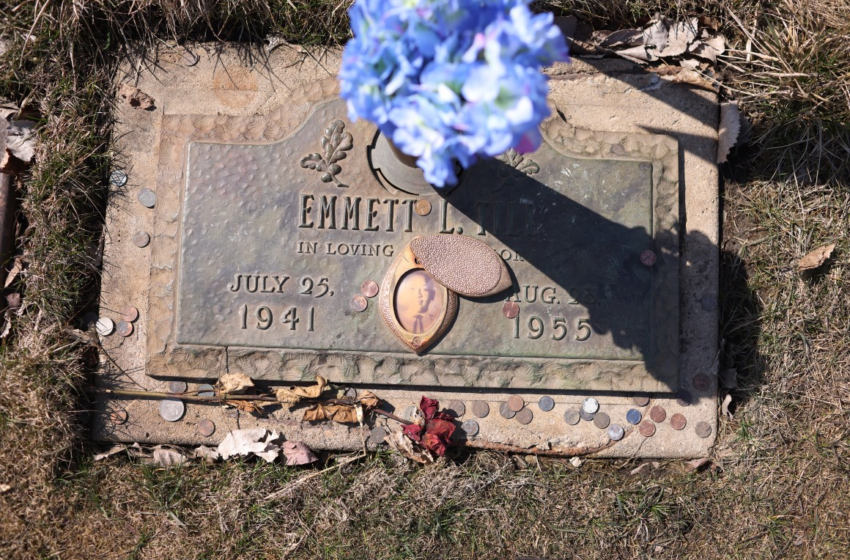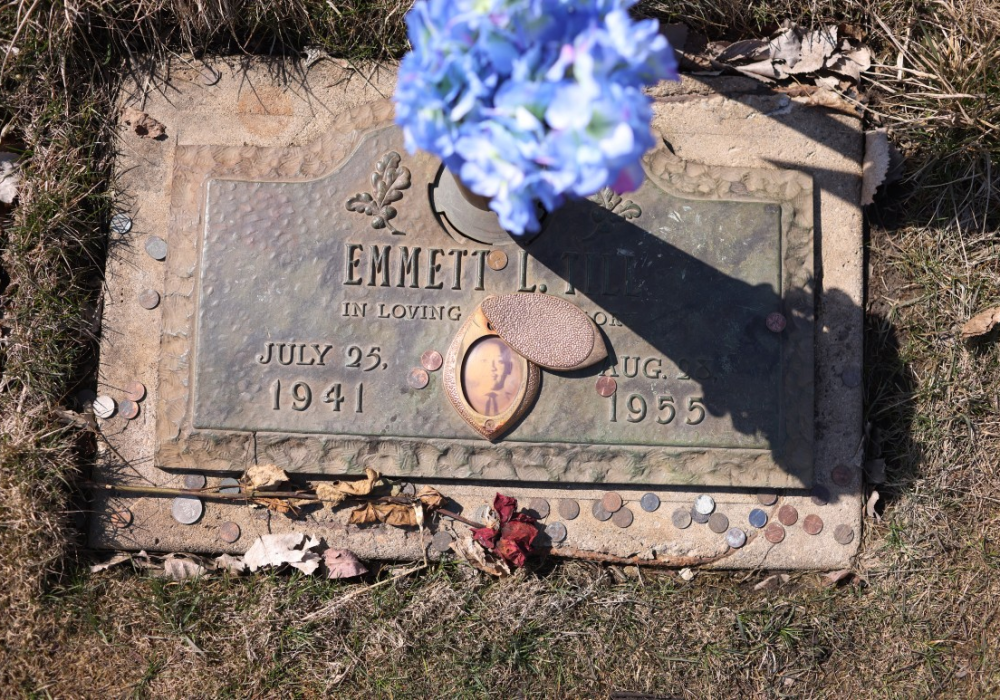The killing galvanized the civil rights movement after Till’s mother insisted on an open casket, and Jet magazine published photos of his brutalized body.
Two white men, Roy Bryant and his half-brother J.W. Milam, were tried on murder charges about a month after Till was killed, and an all-white Mississippi jury acquitted them. Months later, they confessed in a paid interview with Look magazine. Bryant was married to Donham in 1955.
The Justice Department in 2004 opened an investigation of Till’s killing after it received inquiries about whether charges could be brought against anyone still living. The department said the statute of limitations had run out on any potential federal crime, but the FBI worked with state investigators to determine if state charges could be brought. In February 2007, a Mississippi grand jury declined to indict anyone, and the Justice Department announced it was closing the case.
Days after Till was killed, his body was pulled from the Tallahatchie River, where it was tossed after being weighted down with a cotton gin fan.
Bryant and Milam were not brought to trial again, and they are now both dead. Donham is in her 80s and has been living in Raleigh, N.C.
The FBI in 2006 began a cold case initiative to investigate racially motivated killings from decades earlier. A federal law named after Till allows a review of killings that had not been solved or prosecuted to the point of a conviction.
The Emmett Till Unsolved Civil Rights Crime Act requires the Justice Department to make an annual report to Congress. No report was filed in 2020, but a report filed in June of this year indicated that the department was still investigating the abduction and killing of Till.
The FBI investigation has included a talk with Wheeler Parker, who previously told the AP in an interview that he heard Till whistle at the woman in a store in Money, Miss., but that the teen did nothing to warrant being killed.










